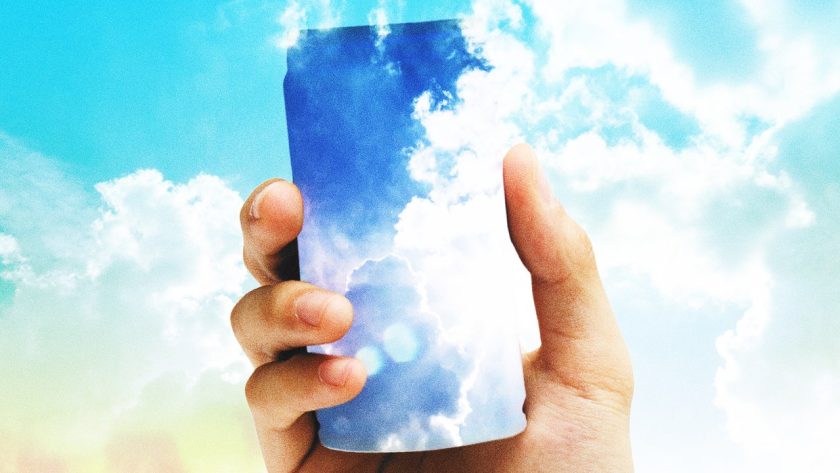Nightcaps ruin sleep—got it. But does this mean you need to go cold turkey? Some people are choosing to join the “sober curious” movement for health reasons, but there are plenty of individuals who still wish to enjoy a drink or two on occasion. If you’re going to drink, there are better ways to do it, and timing is key.
While not benign, day drinking doesn’t impact sleep the same way that nighttime alcohol consumption does. “Drinking alcohol during the day allows more time for it to be metabolized before bedtime,” says Nicola. This potentially reduces its negative impact on sleep—although she’s quick to mention that this doesn’t negate the other health risks associated with alcohol consumption. Additionally, it will certainly reduce hangover symptoms the next day, which are worsened by going to bed with alcohol still in our system and the ensuing reductions in sleep quantity and quality.
Greenlund agrees that timing and moderation are key, sharing that it’s not about when you start drinking necessarily but rather when you stop. Be wise about how much you drink and know your limits. His rule is that one alcoholic drink (for example, a 12-ounce can of beer, a five-ounce glass of wine, or 1.5 ounces of spirits) takes roughly one hour to metabolize and leave your system. Planning on enjoying a third IPA? Give yourself at least three hours from when you take the last sip and when you go to bed for the best chance at a restful night.
Nicola also cites the three- to four-hour duration as the minimum to lessen alcohol’s impacts on sleep. If your usual bedtime is somewhere around 10 p.m., make sure the bartender cuts you off no later than seven. Even better? Stop at four o’clock, enjoy a good meal, and then head home to hit the hay.
Avoiding alcohol completely or, if you are going to drink, moderating intake and abiding by the three- to four-hour rule will leave you with the best possible sleep opportunity. Most health experts, including Benedict, agree that “abstaining from alcohol is indeed the optimal choice.”
Yet other strategies could help mitigate alcohol’s effects on your sleep. According to Nicola, staying adequately hydrated with water and electrolyte-rich drinks can counteract the diuretic effects of alcohol that cause dehydration, eating a balanced meal before drinking can slow the absorption of alcohol, and taking supplements like magnesium and B vitamins can help promote sleep quality (though their effects on counteracting alcohol-induced sleep disturbances aren’t well established).
None of this is to defend drinking, but maybe poor timing should be partly to blame in the discussion on alcohol and sleep. There are ways to “have your cake and eat it too,” so to speak. As long as you don’t have a glass of wine with that cake too close to bedtime.
Brady Holmer is an exercise physiologist and science writer. You can read his work on bradyholmer.substack.com and follow him on X @b_holmer.



